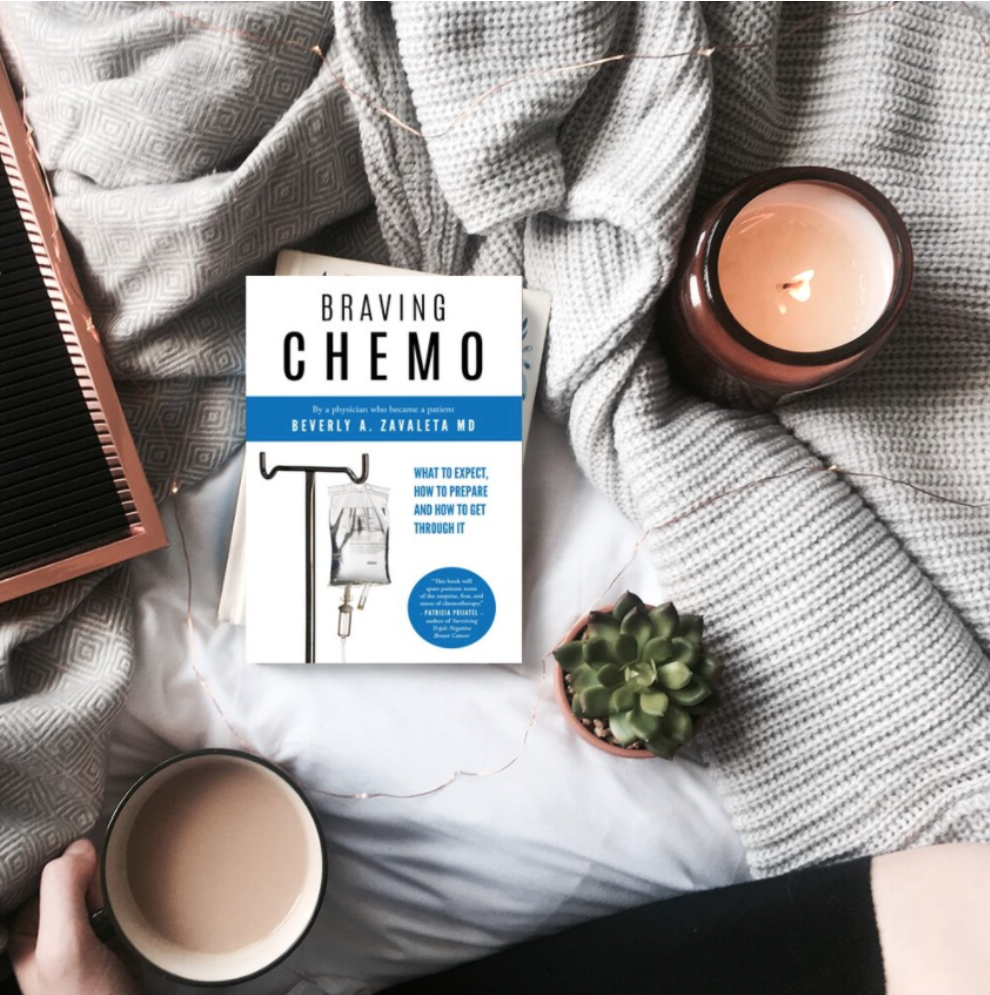I’ve written about cancer fatigue in several posts on this blog. But during chemotherapy, many people feel like their brain doesn’t work properly and the symptoms can go way beyond a simple lack of energy.
Chemotherapy patients often report brain dysfunction symptoms such as memory problems, difficulty learning new things, trouble concentrating and trouble staying organized. The medical term for this collection of symptoms is chemotherapy-induced cognitive impairment (CICI), but cancer patients often refer to these brain dysfunction symptoms by the nickname “chemo-brain.”
Recent studies show that chemo-brain symptoms appear to be caused by a combination of the direct toxic effects of chemotherapy drugs on the brain, plus indirect effects such as increased inflammation, impaired DNA repair and increased oxidative stress. There is also evidence that some people have higher genetic risk for chemo-brain, but details of the genetics are still unclear.
In addition, chemo-brain symptoms are made worse by other conditions that are common during cancer treatment such as fatigue, malnutrition, menopause, insomnia, depression, anxiety and pain.
It’s important to note that not everyone gets chemo-brain and for those who do, the severity is variable. There are people who are quite disabled by chemo-brain symptoms, but most people have mild to moderate symptoms. Generally, the symptoms of brain dysfunction will improve after chemo is over, but for some people chemo-brain persists after treatment is finished. A recent study also confirmed that overall, people who have had chemotherapy are actually less likely to develop dementia (permanent cognitive decline) over time than people who have never had chemotherapy.
What should you do if you think you have chemo-brain? If you’re having any problems with thinking and memory, tell your oncologist. It’s possible that you may have a different medical problem that’s causing the symptoms, such as low thyroid function, depression, a vitamin deficiency or anemia. Thyroid problems and nutrient deficiencies are treatable problems, but they can mimic chemo-brain. Depression and insomnia are also very common causes of memory and concentration problems – and also very treatable. Your doctor may run specific blood tests or other exams to check for these problems. Not all brain dysfunction is chemo-brain!
“Truthfully, being a human is not easy!”
In addition to seeing your doctor about symptoms of chemo-brain, you can take basic steps to take good care of your brain. Although it may seem simplistic and obvious, it’s very important to follow these basic health practices:
Get enough sleep (at least seven–eight hours per night, more if you feel that you need it)
Drink enough water (1 oz per kg body weight per day/1 oz per two pounds body weight per day)
Avoid drinking alcohol or using recreational drugs
Eat regular meals & snacks, with protein and healthy fat at each meal
Use relaxation practices if you are in a state of activated threat response
Call 911 or go to the emergency room if you have any of the following symptoms: weakness or numbness on one side of your face or body, difficulty speaking or sudden loss of vision. These symptoms can indicate a possible stroke.
Being a cancer patient is never easy (truthfully, being a human is not easy!) and it’s even harder when your brain is malfunctioning. I hope that by understanding chemo-brain and revisiting these basic brain care practices, we can love and care for our brains throughout and beyond cancer.
Order Braving Chemo
Pick up a copy for yourself or as a gift for someone who needs it.

